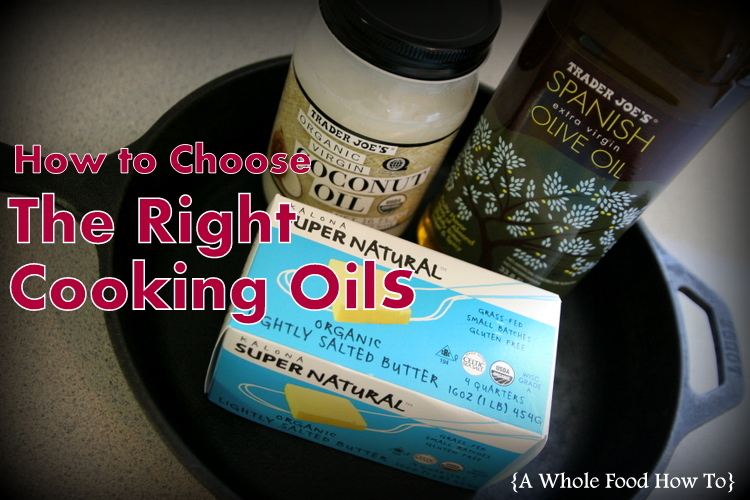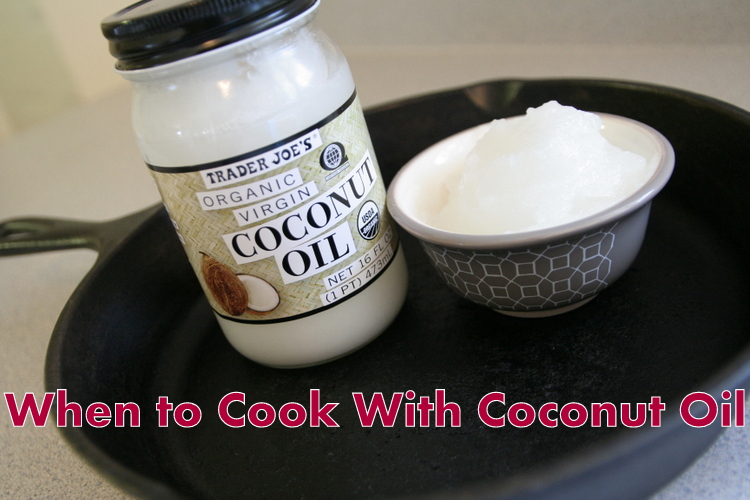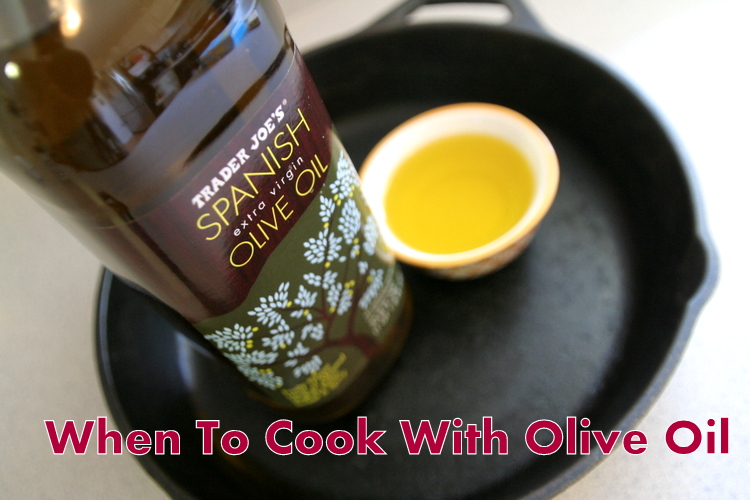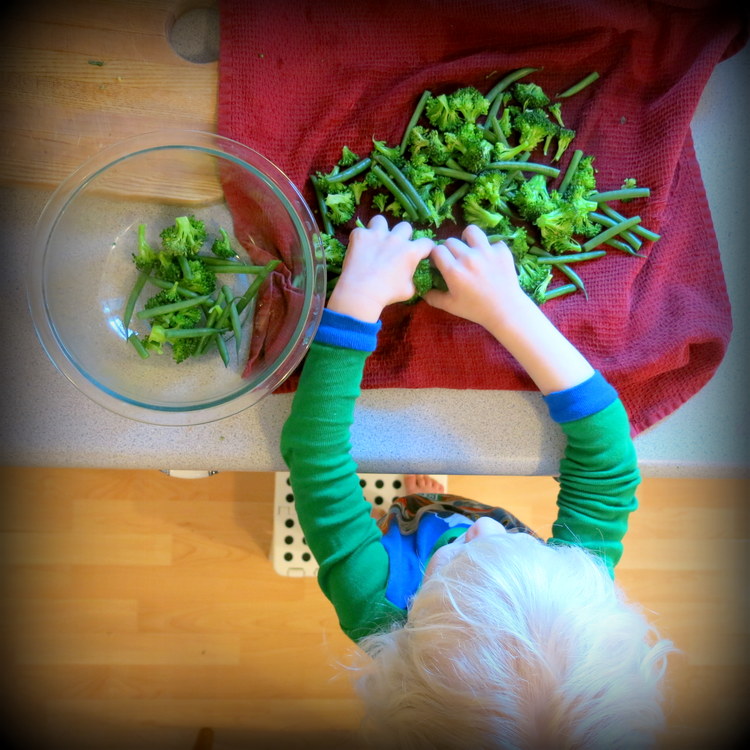{A Whole Food How To} How to Choose the Right Cooking Oils
The Nature of Rest
What the Bible and Creation Teach Us About Sabbath Living
Intentional Parenting
Nature Studies
Apologetics
Adventure
Free Resource
Entrepreneurship
Homeschooling
Faith
Books
Categories
Master Naturalist, Bible teacher, author, wife, and mama of four! Join our adventures of discovering God while adventuring in creation.
I'm Eryn
Hey there!
Listen Now
Order now
Aren’t Fats Bad For Us?
A quick gander around my blog will tell you that “non-fat” does not exist in my vocabulary. I am a firm believer in the vast health benefits of traditional, wholesome fats, and a big advocate for including them in your regular diet for optimal health.
Traditional fats include foods such as beef and whole-milk dairy from cows fed only grass, pork from pigs that foraged in pastures, eggs from chickens that are free to roam outside, nuts and seeds, as well as unprocessed oils from nature.
The Right (or Wrong) Oil Can make All the Difference
When I began learning how to cook whole foods, I quickly picked up on the health hype over extra-virgin olive oil, and began cooking all of our food with it. I was a bit surprised when I later learned that olive oil, when introduced to high heat, actually becomes harmful to our bodies. It was little tidbits of knowledge like this that led me to research and experiment with various oils to find which ones are best for different methods of cooking.
With some basic knowledge and understanding, you can be sure that you have the right kinds of oils in your kitchen, and that you are using them in a way that protects their distinct flavors and nutritional integrity.
There are a lot of debates out there about which oils and fats are healthy. But it’s not simply about choosing a “heart-healthy” oil to cook with. It’s about understanding what happens to that oil or fat when it is introduced to heat. And ultimately it’s about making sure the cooking process does not damage the oils we are cooking with, but instead delivers them into the pan, onto the plates, and into the bellies of our loved ones unscathed and packed with flavor and nutrients.
My research and experimentation in the kitchen has led me to settle on 3 staple oils and fats for cooking: coconut oil, butter, and olive oil.
Coconut Oil (organic and virgin)
Use for:
High heat cooking such as sautéing and pan frying. Roasting.
Coconut oil is your best choice for high-heat cooking. It remains stable over high heat. Coconut oil does a fantastic job of frying; we always use it for making fried chicken.
Why Virgin?
Virgin coconut oil is raw, and has not been refined into a more processed product. It has a more distinct coconut flavor, and maintains its natural nutrients. “Virgin and extra-virgin coconut oils are made from the first pressing of fresh, raw coconut without the addition of any chemicals.” (http://www.foodrenegade.com)
Health Benefits:
Coconut oil is also your best choice when it comes to nutritional benefits. Coconut oil is a rare source of lauric acid, an antimicrobial, antifungal, and antiviral fatty acid.
“Many people who regularly consume coconut oil experience less sickness. Breast milk is the only other natural source that contains such a high concentration of lauric acid, which could explain the drastic decrease of infections of all types in breast-fed babies.” (naturalnews.com)
Some further benefits of coconut oil:
- Easier to digest than many other fats (it doesn’t have to be broken down)
- Our bodies burn coconut oil quicker than other fats
- Can help aid in weight loss
- Improves ratio of good to bad cholesterol
Weak Point:
The flavor of coconut oil is pleasant, but not flattering to every dish. For many dishes, I prefer the next best fat for high-heat cooking: butter.
Butter (grass-fed, clarified is best)
Use For:
Medium to High-heat cooking such as searing meat. Sauteing vegetables for a buttery flavor and browning, but beware of burning. For most dishes, I prefer the flavor of butter over coconut oil.
Health Benefits:
Grass-fed butter is a rare source of CLA, a unique and beneficial fat which helps prevent heart disease, shows promising research for fighting cancer, builds lean muscle, and aids in weight loss. (Nina Planck, Real Food) Click here to read more about the benefits of grass-fed butter.
Weak Point:
Butter burns under very high heat. So watch your heat and ingredients closely to prevent burning.
A Word on Clarified butter (“ghee”):
Although I have not personally cooked with it (yet), clarified butter is excellent for frying. It is butter that has had the milk solids and water removed form it. Milk solids are what cause butter to burn over high heat, so when they are removed, your butter (now “ghee”) will not burn.
Olive Oil (Cold-pressed, extra-virgin)
Use For:
Low-temperature sautéing. Cold dishes such as salads (green or pasta) and salsas.
Why Extra-Virgin?
Extra-virgin olive oil is extracted using natural methods, and taken from the first pressing, meaning less processing and the nutrients remain intact. This olive oil also tastes a whole lot better than light or non-extra-virgin olive oils that are sometimes extracted using chemicals, or diluted with cheaper oils.
Health Benefits:
Olive oil is rich in vitamin E. It can help lower blood pressure, reduce inflammation, lower bad cholesterol, as well as prevent heart disease and cancer.
Weak Point:
Olive oil should not be used in cooking when temperatures will reach over 300 degrees F. A good rule of thumb is to not allow your olive oil to reach the point of smoking, if it does, it burns, which breaks down and destroys the nutrients in the oil.
Adding Preference to the Pot
When it comes to choosing cooking oils, it is important to understand which oils deliver the most nutrients under which cooking methods. But beyond that, it comes down to preference.
I prefer the flavor of butter on asparagus, potatoes, and green beans. Butter also flatters vegetables when sauteing them for a base in soups. For oriental dishes such as stir fry’s or Thai-inspired soups, I prefer using coconut oil. And although it goes against what I know about not heating olive oil, I prefer the flavor of olive oil for roasting vegetables, so I use it.
These preferences took time in the kitchen to develop, and a lot of experimenting until I was comfortable choosing which oil would best suit a dish. It takes experimenting. It takes cooking. So equip yourself with this basic knowledge on these three wholesome oils and fats, and get cooking to discover what you enjoy best!
What About Those Other Oils?
It’s relatively simple to make sure that the oils in our own kitchen are wholesome, but what about the abundance of oils out there hiding in the nutritional labels of items we buy from the grocery store? You may be surprised (I was) by the abundance of unhealthy oils in so-called “health foods”. Watch for my post next week when I will take a trip to the market and explain some simple rules on how to spot unhealthy oils on the grocery market shelves, and make sure that the foods you place in your cart really are nourishing rather than harmful.
Sources:
http://authoritynutrition.com/healthy-cooking-oils/
http://www.naturalnews.com/026819_lauric_acid_coconut_oil.html
Real Food, Nina Planck
http://www.whfoods.com/genpage.php?tname=foodspice&dbid=132
http://authoritynutrition.com/extra-virgin-olive-oil/
http://www.foodrenegade.com/how-to-choose-a-good-coconut-oil/
learn more
Raising kids stirs something deep in our souls — an innate knowing that our time is finite. Taking my kids outside in creation, I’m discovering how to stretch our time and pack it to the brim with meaning. God’s creativity provides the riches of resources for teaching the next generation who He is and how He loves us. Join our adventure and discover inspiration and resources for refusing rush, creating habits of rest, living intentionally, and making the most of this beautiful life!
I'm Eryn, Master Naturalist, Author, & Bible Teacher
Hey there!
Receive free inspirational resources for refusing rush, creating habits of rest, parenting with intentionality, and teaching our kids who God is through what He has made!
Inspired
Be
Brand + Website by Amarie Lael Design | TERMS & CONDITIONS + PRIVACY POLICY | Copyright 2011 - 2026 Eryn Lynum
Contact
Speaking & media
About
Books
Shop
Videos & Interviews
Email List
Stories
Free Downloads
Resources
Home
@erynlynumauthor
The Nature of Rest
What the Bible and Creation Teach Us About Sabbath Living
Now Available!
Order
X
Signed Copy





I am curios to see what you find on Safflower oil. I have not used it myself but I have heard a lot of contradicting claims about it recently. We always fry in peanut oil because it with stands the super high heats so well.